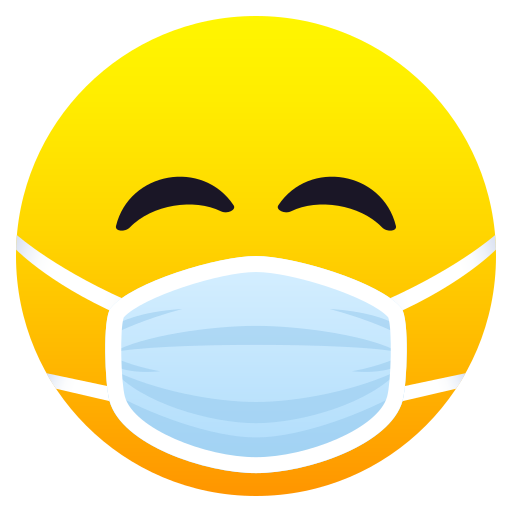INTRODUCING
COVID Buyers Club
Pre-Expososure and Post-Exposure Therapies.
Buyers clubs were grassroots organizations that emerged during the HIV/AIDS epidemic in the 1980s. They provided people with HIV/AIDS access to experimental and unapproved treatments not available through traditional medical channels. These community-based clubs aimed to improve health outcomes and advocate for the rights of people with HIV/AIDS.
Today during the COVID pandemic, access to therapeutic support for people in places where those therapies are not available or under-resourced is critical. With the Pandemic emergency lifted in places like the US, the time has come to organize.
Discuss Therapies
A place to share and discuss therapies for COVID.
Securing Therapies
A way to understand how to secure therapies in your region.
Partnerships with Providers
Finding and connecting you with providers and peers who can help.
BUYERS CLUBS A HISTORY
Buyers clubs were informal, grassroots organizations that emerged during the height of the HIV/AIDS epidemic in the 1980s and early 1990s. These clubs were established by and for people living with HIV/AIDS to provide access to experimental and unapproved treatments that were not yet available through traditional medical channels. The goal of buyers clubs was to improve the health and quality of life of people with HIV/AIDS by providing them with access to potentially life-saving medications.
The key characteristics of buyers clubs during the time of HIV/AIDS include:
- Access to Experimental Treatments: Buyers clubs sought to provide access to experimental drugs and alternative therapies that were not yet approved by regulatory agencies such as the U.S. Food and Drug Administration (FDA). These treatments were often sourced from overseas or produced locally.
- Community-Based Approach: Buyers clubs were typically grassroots organizations run by volunteers, many of whom were people living with HIV/AIDS. They operated outside of the traditional healthcare system and were often supported by donations and membership fees.
- Advocacy and Education: In addition to providing access to treatments, buyers clubs played a role in advocating for the rights of people with HIV/AIDS and raising awareness about the disease. They also provided education and information about available treatments and how to use them safely.
- Response to Urgency: Buyers clubs emerged in response to the urgent need for effective treatments during a time when HIV/AIDS was a poorly understood and often fatal disease. The slow pace of drug approval and limited treatment options available through traditional medical channels led to the formation of these clubs.
One of the most well-known buyers clubs was the Dallas Buyers Club, which was founded by Ron Woodroof in Texas in the mid-1980s. Woodroof, who was diagnosed with HIV, began importing unapproved medications from other countries to treat his own condition and then started providing them to others in the HIV/AIDS community. The story of the Dallas Buyers Club and Ron Woodroof's efforts was later depicted in the 2013 film "Dallas Buyers Club."
It's important to note that while buyers clubs played a crucial role in providing access to experimental treatments, they were not without controversy. Some of the treatments they provided were later found to be ineffective or even harmful. However, the existence of buyers clubs also put pressure on regulatory agencies and pharmaceutical companies to accelerate the approval of new and effective treatments for HIV/AIDS.
MOVIE
Dallas Buyers Club
Matthew McConaughey stars in DALLAS BUYERS CLUB as real-life Texas cowboy Ron Woodroof, whose free-wheeling life was overturned in 1985 when he was diagnosed as HIV-positive and given 30 days to live. These were the early days of the AIDS epidemic, and the U.S. was divided over how to combat the virus. Ron, now shunned and ostracized by many of his old friends, and bereft of government-approved effective medicines, decided to take matters in his own hands, tracking down alternative treatments from all over the world by means both legal and illegal. Bypassing the establishment, the entrepreneurial Woodroof joined forces with an unlikely band of renegades and outcasts - who he once would have shunned - and established a hugely successful "buyers' club." Their shared struggle for dignity and acceptance is a uniquely American story of the transformative power of resilience.

